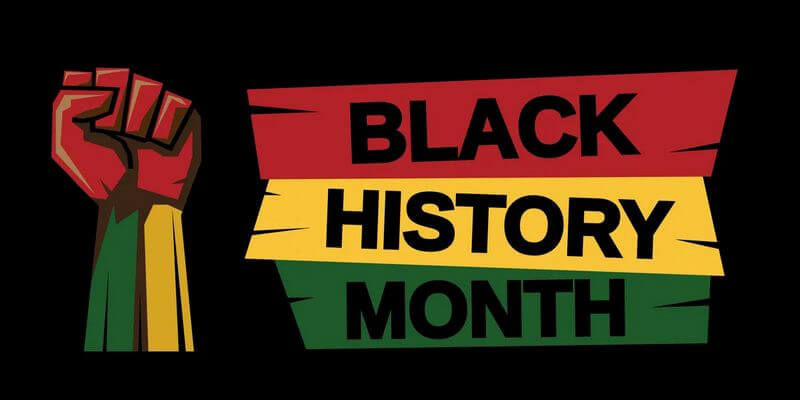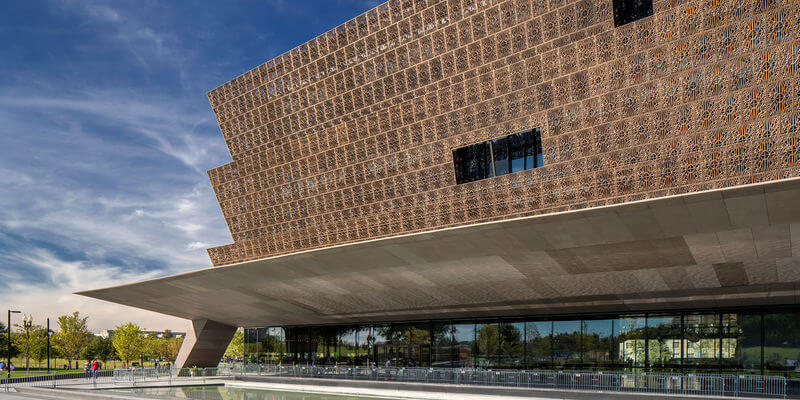Find ways you can honor and celebrate Black history this February by supporting Black businesses, educating yourself on Black history and more.
February is Black History Month, a time dedicated to honoring and celebrating the essential contributions of Black people in the story of America. National and local events and online celebrations will take place throughout the month to focus attention on Black people’s achievements and history.
Since 1976, the US has marked the contributions of Black people and celebrated the history and culture of the Black experience in America every February. Read on to learn more about Black History Month and the ways in which you can participate.
The story of Black History Month
Born as a sharecropper in 1875, Carter G. Woodson went on to become a teacher and the second African American to earn a doctorate from Harvard. He founded the Association for the Study of African American Life and History in 1915 and eventually became known as the “father of Black history.”
On Feb. 7, 1926, Woodson announced the creation of “Negro History Week” to encourage and expand the teaching of Black history in schools. He selected February because the month marks the birthday of the two most famous abolitionists of the time – Frederick Douglass and Abraham Lincoln. Feb. 1 is also National Freedom Day, a celebration of the ratification of the 13th Amendment, which abolished slavery in the US.
By the 1940s, schools in Woodson’s home state of West Virginia had begun expanding the celebration to a month, and by the 1960s, demands for proper Black history education spread across the country. Kent State’s Black United Students proposed the idea of a Black History month in 1969 and celebrated the first event in February 1970. President Gerald Ford officially recognized Black History Month in 1976 during the US bicentennial.
1. Visit a Black or African American history museum
Almost every state in the US has a Black history museum or African American heritage site. The country’s first and oldest is the Hampton University Museum in Hampton, Virginia. Like many other museums, it offers a virtual tour and online exhibits.
One of the most famous of these museums is the National Civil Rights Museum at the Lorraine Motel in Memphis, Tennessee. The museum, which is located steps away from where Martin Luther King Jr. was assassinated, allows you to sit with Rosa Parks on the bus that inspired the Montgomery Bus Boycott of 1955, among many other powerful exhibits.
African-American heritage sites include historic parks and other significant locations and monuments in Black history. Some of the most popular include Little Rock Central High School in Arkansas, the epicenter of US school desegregation. You could also consider visiting the Martin Luther King, Jr. National Historical Park in Atlanta.
If there’s no museum or heritage site near you, keep an eye out for the Black History Mobile Museum, which traverses the country all month and through the summer. Throughout February you can find the mobile museum in several states, starting in New Jersey on Feb. 1 and making its way through 12 other states. See the full list of 2023 tour dates here.

